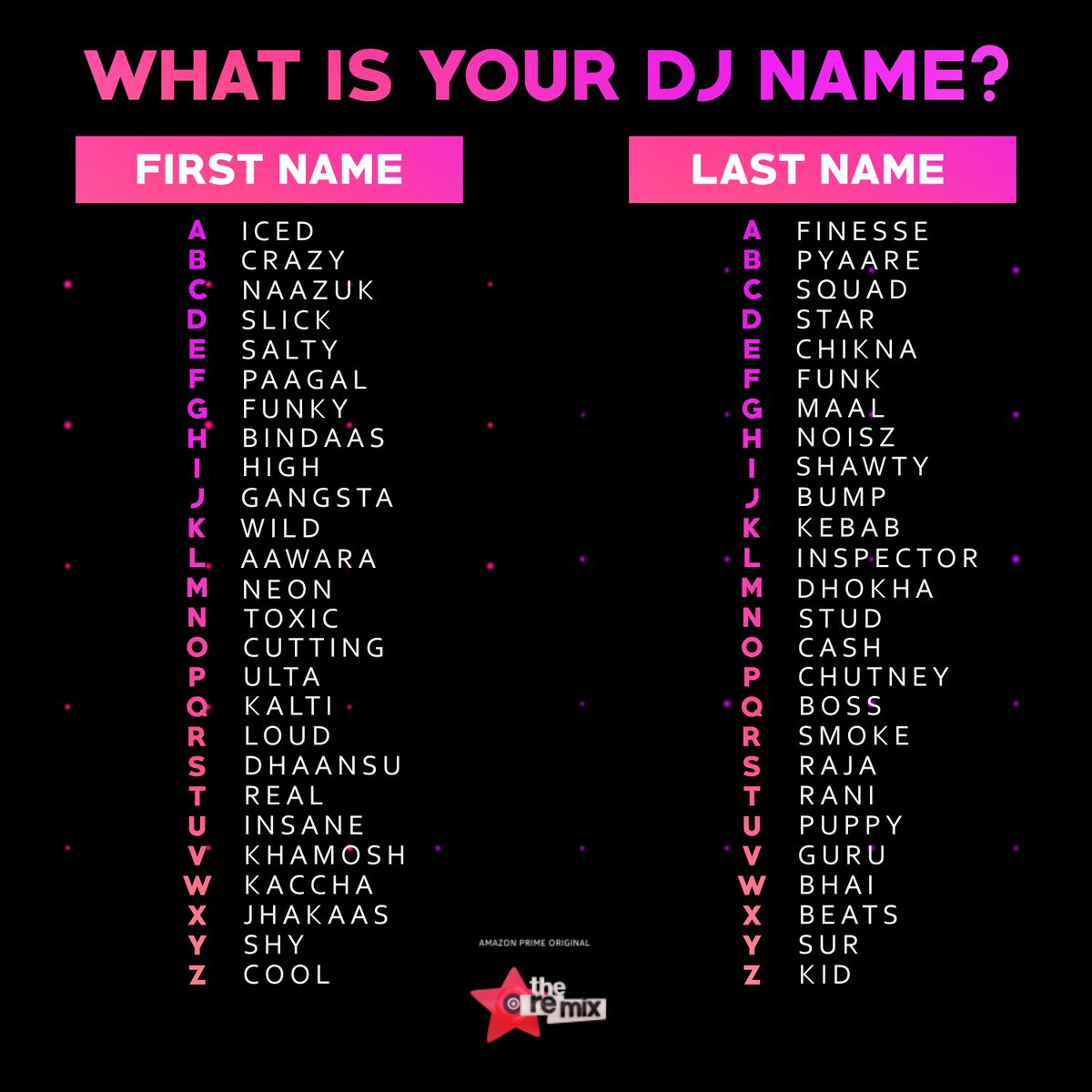
The authors expect the preponderance of certain phonemes in the popular names will positively influence their usage in the prevalent brand names too. That’s why the name Dennis is overrepresented among dentists and a bit more Mindy’s can be found in Minneapolis. Many studies have shown the existence of the Name-letter effect: we like things that sound similar to our name. This is an interesting phenomenon, especially considering the recent trend of parents choosing a name that is high on uniqueness and individuality and which can make a child ‘stand out’, rather than ‘fit in’ (Twenge et al., 2010). More interestingly, popular phonemes in brand names appear to follow trends in the naming of newborn babies. When analyzing the occurrence of the actual phoneme, the K effect is still there, but is now more often disguised in C’s and CH’s.

However, this conclusion was premature, as the authors focused on the letter K instead of the phoneme /k/. (2016) indeed seems to suggest that the K effect has vanished among recently introduced brands. Has the K effect lost its touch? A few years ago, a study by Van Doorn et al. While the marketplace is still saturated with many time-honored brands starting with K, its usage has grown less widespread among brands launched after the turn of the millennium. New trends in brand naming – and their surprising origin Research shows that the most effective key to successful retrieval is when the word-initial phoneme is presented. The power of the first phoneme is also evidenced by the all too famous tip-of-the tongue phenomenon, which occurs when you vaguely have a concept or person in mind but can’t think of the exact word or name. Two names can have a different first letter yet share an identical first phoneme, such as Coca-Cola and Kodak. Our brain appears to be especially sensitive to the first phoneme of words and concepts. Letters don’t matter, but the actual sound does. Note that this refers to the entire first sound, not just the first letter. It’s all about how a name enters our earĪlthough the classic adage that ‘the whole is more than the sum of its parts’ certainly applies to brand names, there’s new research suggesting that the initial sound we hear when pronouncing a brand name is most impactful on the formation of brand associations and memory. Although this K sound symbolism has some practical relevance for product brands that come in a particular shape (you may not want to use the K sound for a new brand of tennis balls, but it will certainly benefit a set of kitchen knives), this certainly does not explain the omnipresence of K across the entire field of branding. For instance, in a task where names have to be linked to random shapes, the name Kiki has been found to universally apply to a spiky shape, whereas Bouba links to a round shape. Moreover, the /k/ sound has been found to associate with angular objects.

It has been found that initial plosives such as k, along with p, t, b, d, g, enhance brand recall, recognition, and awareness. These sounds appear to have more power in capturing a share of the customer’s mind. Ample studies demonstrate that if product features and brand name sounds are congruent (e.g., heavy sounds with an apparently rugged product), such products are appreciated more. Alternatively, a moisturizing product such as Dove or Olay should automatically evoke feelings of softness. For example, a brand name for hiking boots should convey ruggedness, like Reebok.

The way a brand name sounds plants certain expectations for the product in our minds. Secondly, sounds are able to subconsciously transfer meaning. When the objective is to ‘sound unique’, our current lexicon would naturally lead to uncommon sounds which are still easily digestible, hence the letter K.

Likely, in their never-ending search for distinctive brand assets, brand creatives could very well have been attracted to K for this reason alone. Distinctive Brand Assetsįirstly, the higher usage of the letter K is surprising given the fact that it’s one of the least common initial letters in the English dictionary. So, what’s all this K fuss about? There are two reasons lingering behind marketeers’ preference for this particular phoneme: distinctiveness and sound symbolism.


 0 kommentar(er)
0 kommentar(er)
